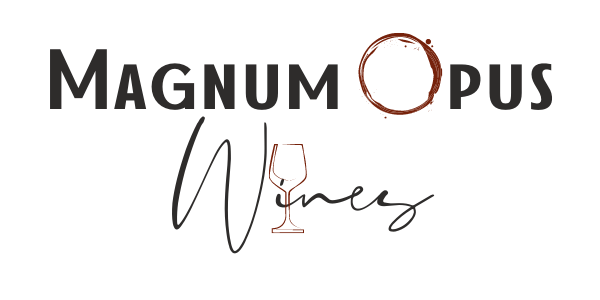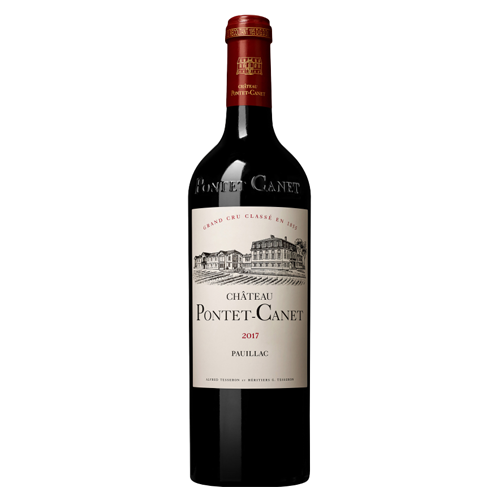It was at the dawn of the 18th century that the story began. The north of the Médoc peninsular offered exciting investment opportunities for the high society of the time, and Jean-François de Pontet figured among the aristocrats and high-ranking magistrates that shaped the vast horizons of the new Médoc.
Having made his career at Versailles he was appointed Grand Squire of France under Louis XV, and then, after settling in Guyenne, he became the governor of the Médoc. In 1705, he brought together a few acres of land to the north of the village of Pauillac and with them created a vineyard; and then, in 1757, he acquired an estate in a small area known as Canet.
Following the custom of the time, he joined his surname to that of the estate. Thus, in 1781, Château Pontet-Canet was born.
The Pontet-Canet vineyard, located in the commune of Pauillac, covers 81 hectares (200 acres). It is made up of around 100 plots and 800,000 vines looking out over the Gironde estuary. At the heart of the Pontet-Canet terroir known as the “plateau”, a gentle broad outcrop of Garonne gravel soil dating from the Günz era that sits on a bedrock of limestone.
"At the end of the day, the biodynamic approach has brought a new dimension to our wines. It has given them greater depth while producing more precise and silky tannins. The length of flavour on the palate has gained in minerality. Our wines are purer and more vibrant. Our feeling is that biodynamic farming has made us respect nature better. And the more we respect it, the more it will give us."
Justine Tesseron

